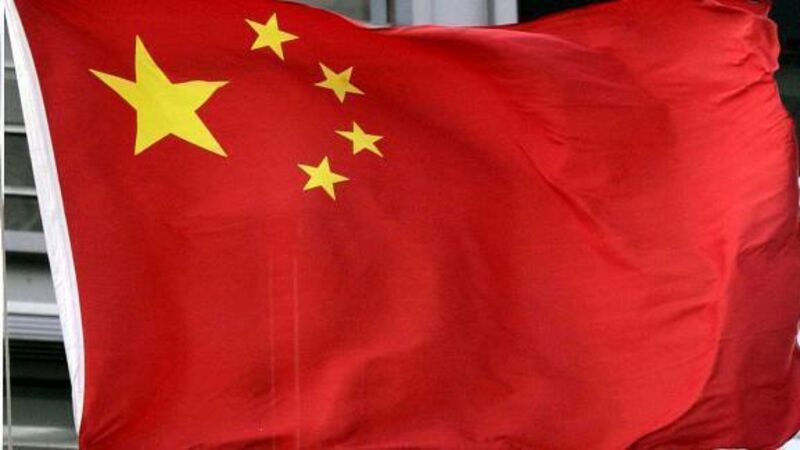China 'appropriately handling' US Navy drone issue

China has said military officials are in contact with their American counterparts on "appropriately handling" the Chinese navy's seizure of a US Navy unmanned underwater glider, one of the most serious incidents between the forces in years.
A one-sentence comment by the foreign ministry offered no details on what discussions were under way or why China seized the drone, which, according to the Pentagon, was being operated by civilian contractors to carry out oceanic research.














